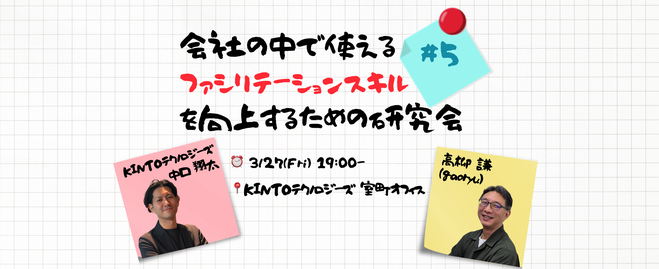Post-Event Interview: Digital Talent Development Seminar in Chubu by Central Japan Economic Federation & Digital Literacy Council
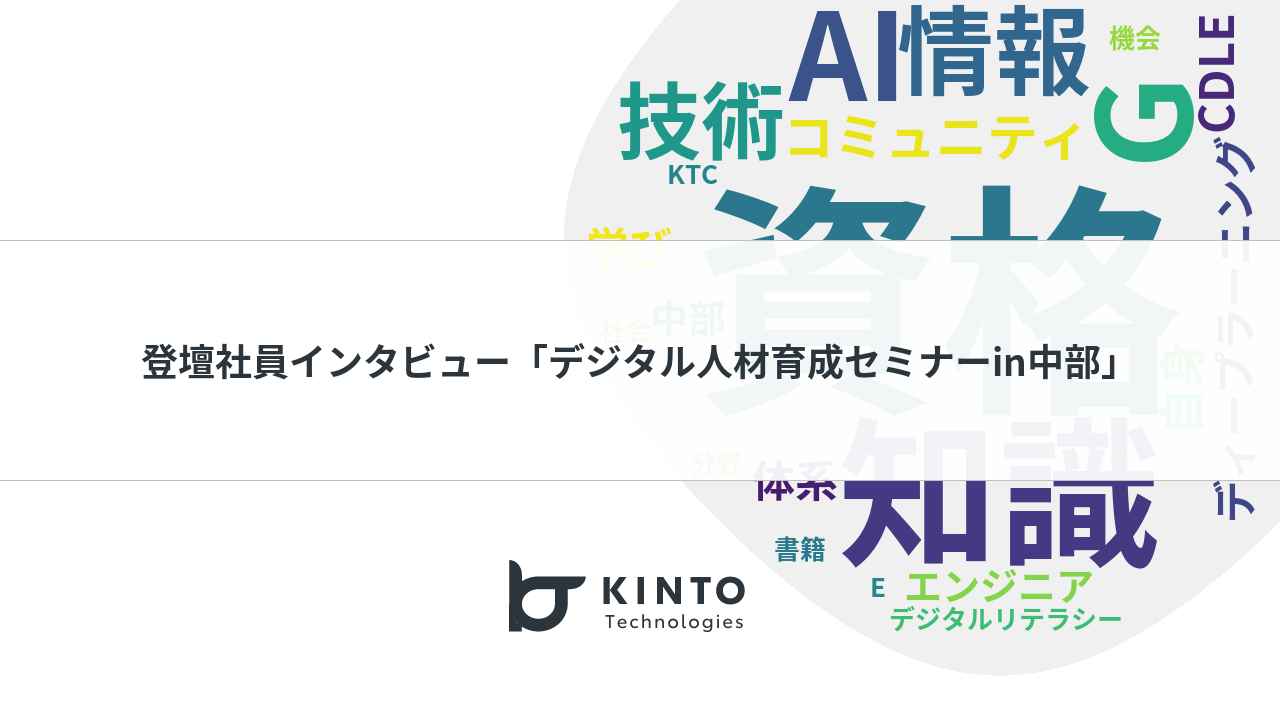
I am Aritome from the Development Support Division at KINTO Technologies.
I am in charge of organizing all-hands meetings, supporting engineer development and training programs.
At KINTO Technologies (KTC), we support our engineers' growth through their work at the company. For this reason, we actively encourage participation in communities outside the company and speaking at external events. (President Kotera and Vice President Kageyama also frequently speak at externally hosted events.)
On February 8, 2023, Wada-san, a young engineer from our data analytics team, joined a panel discussion as a guest speaker at the Digital Human Capital Development Seminar in Chubu, hosted by the Central Japan Economic Federation and the Digital Literacy Council.
- What did you talk about?
- What is your role at our company?
I interviewed Wada-san after the seminar to find out more.
To start with, could you introduce yourself?
Wada:
Hello!
My name is Wada and I work as a data scientist at KINTO Technologies. My main job is responding to analysis requests from both inside and outside the company, and developing AI functions for in-house apps.
Thank you for having me today!
Aritome:
Thank you!
Can you tell us about your career path before joining KINTO Technologies?
Wada:
I majored in social informatics at university. It's not a familiar term, but basically, it's an applied field of informatics that focuses on using information and communication technologies to solve social issues.
After graduating from university, I joined an automotive parts manufacturer in 2019, where I worked on production management systems. Then in 2022, I made the move to my current role.
What was the theme of the event, and what led to you speaking at the event?
Wada:
The Digital Human Capital Development Seminar in Chubu was aimed at management and mid-level employees of various companies in the Chubu region, which stressed the importance of all employees acquiring digital literacy from now on.
At the event, three specific qualifications that will lead to acquiring digital literacy were recommended. The Information Technology Passport Examination, Data Scientist Certificate, and JDLA Deep Learning for GENERAL (G-certificate)
In the latter half of the event, a panel discussion was held featuring Ryutaro Okada, Board Director and Secretary General of the Japan Deep Learning Association, along with four panelists who had gained digital literacy by obtaining certifications. The discussion covered what they found beneficial about earning the certifications, challenges they faced, and how the experience has influenced their work.
I also hold the JDLA Deep Learning for ENGINEER certification (commonly known as the E-Certificate) There was a call for panelists for the event within the certification holders' community, and that's how I got the opportunity to take part in the event.
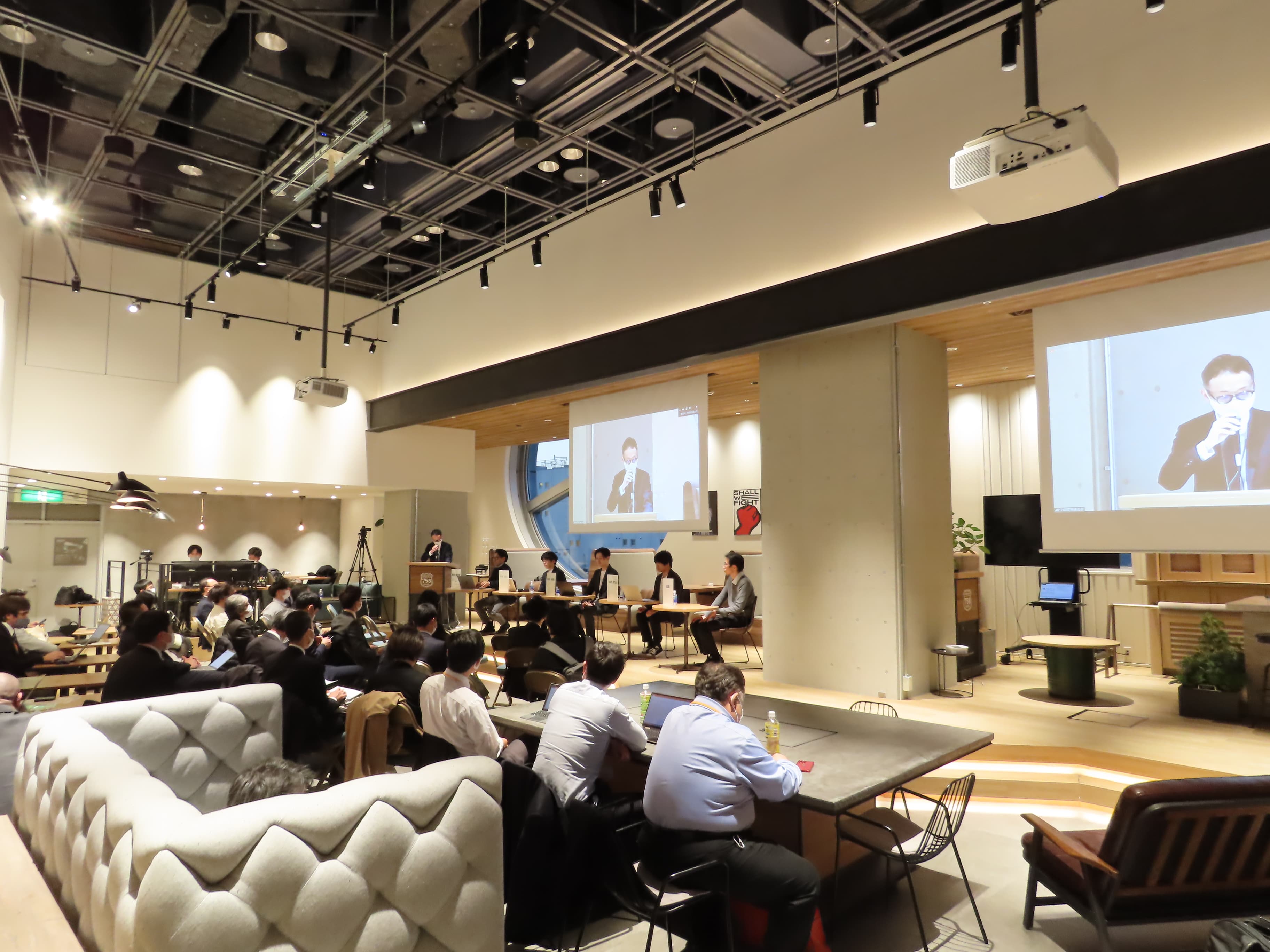
Photo of the event venue
Aritome:
I've been hearing a lot about the G-Certificate lately.
Can you tell us more about it?
Can you tell us more about the G-Certificate?
Wada:
The G-Certificate is a qualification that tests basic knowledge of deep learning.
The G stands for 'Generalist,' and the test covers not only the meaning of technical terms, but also knowledge of the history of technology and legal regulations. It does not require much knowledge of math or coding, so it is also recommended for non-engineers! There's also a related qualification called E-Certificate, which is more focused on deep learning theory and implementation skills.
If you hold either, you can join a community called CDLE (Community of Deep Learning Evangelists). That's the community where I found the call for panelists for this event.
CDLE is a community exclusively for people who've passed either the G-Certificate or the E-Certificate, both run by the Japan Deep Learning Association (JDLA). It's a space for certified members to connect and share knowledge. It operates entirely on a non-profit basis.
*Quoted from the CDLE guidelines, CDLE community website.
Aritome:
So, there's a community of certified members.
With that shared learning experience, the conversation's sure to be lively!
What motivated you to get certified in the first place?
Wada:
I thought that obtaining a certification would be the most efficient way to acquire systematic knowledge! When I first started learning about AI, I was mostly referencing sample code I found online and diving into machine learning and deep learning without really understanding how anything worked. At first, it was fun to see things run, but gradually I became interested in the mechanics behind. That's when I began reading more advanced books and technical blogs.
However, learning this way gave me only bits of knowledge.
It was tough to learn the field in a way that was both systematic and comprehensive.
So I decided to take the certification exam, since its syllabus was packed with carefully curated content and suited for obtaining systematic knowledge. To put it in an analogy, it's like filling a container with your favorite pebbles, each representing bits of knowledge, but there are still gaps. The syllabus is like water that fills those gaps with structured learning! (Does that make sense?)

Image of knowledge acquisition
Aritome:
I totally get that feeling of not knowing where to start when trying something new. When you're self-taught, it's hard to feel confident if your knowledge is all over the place.
What challenges did you face and how did you approach studying for the certification?
Wada:
I had a certain level of understanding of how to use the technology from my self-study, but I had to re-learn the background, basic technology, history leading up to the technology, and legal frameworks.
In addition, at that time, the E-certificate exam didn't use any specific frameworks, and the questions were based on scratch implementations using NumPy. Since I had been working with scikit-learn and Keras, getting used to the unfamiliar syntax was definitely a challenge. But I wanted to fill in the gaps in my knowledge, so it was a perfect match for my original goal, worth the effort (laughs).
Aritome:
Because it's a certification, I imagine you really have to study the full scope of the field, even areas you're not as comfortable with. It sounds like a challenge!
Did getting the certification or studying a new field lead to any changes for you?
Wada:
Learning all the key terminology around AI gave me the confidence to start tackling more advanced books, including academic papers I wouldn't have dared to touch before. I can't say I breeze through them, but "Ohhh! I can read! I'm reading!"(laughs)
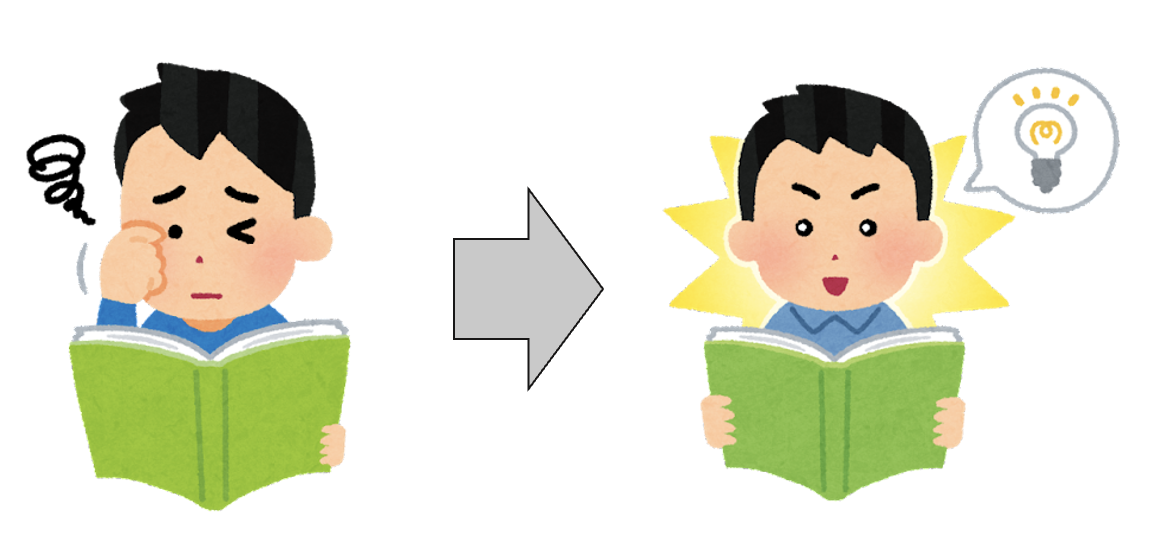
Aritome:
That sense of growth must make all the effort feel worthwhile!
What were some of the best things about being certified?
Wada:
Nowadays, AI is being integrated into many different areas, creating significant value
I think having the ability to look at different areas and ask, "What if I combined AI with this?"will become one of my personal strengths. With tools like ChatGPT lowering the barrier to entry, I believe we'll see even more accessible AI services emerging, and this trend will only continue to grow.
At KINTO Technologies, are there any systems or cultural elements in place to support learning?
Wada:
There's a strong culture of sharing what we learn. We have study sessions across different scopes, within teams, across departments, and company-wide. Even small information sharing is encouraged. Our tech news Slack channel is constantly buzzing with interesting updates.
You can also easily request to purchase books that are useful for work, and you can access a variety of books on the online bookshelf shared between offices.
If the opportunity comes up, like my case, you're free to speak at external events, too!
What kind of employees are there at KINTO Technologies?
Wada:
My first impression after joining was, "There are all kinds of people here!"(lol)
At my previous job, almost everyone was a new graduates, so coming into a company where everyone is mid-career was a big change. Everyone brings their own specialty from past experience, and it's really inspiring to see those strengths complement each other to get things done!
I am expected to work as a specialist in the AI field, which makes it a really rewarding environment where I can keep growing.
Is there anything you personally do to promote a learning culture?
Wada:
I try to be open about my own skills, what I've been learning, and what I'm interested in. It leads to people saying things like "I found this article" or asking "Can you explain this?" While I'm explaining, I often learn something new, too. It creates a great feedback loop.
Lastly, do you have a message for our readers?
Wada:
I wasn't able to talk much about technical side this time, but I'd like to write more about the AI products I work on in the future!
Thank you for reading all the way to the end!
We Are Hiring!
We are looking for people to work with us to create the future of mobility together. If you are interested, please feel free to contact us for a casual interview.
関連記事 | Related Posts
We are hiring!
プロジェクトマネージャー(PjM)/KINTO開発推進G/東京
KINTO開発推進グループについて◉KINTO開発部 :67名 KINTO開発推進G:8名 KINTOプロダクトマネジメントG:5名 KINTOバックエンド開発G:17名 KINTOフロントエンド開発G:21名 業務管理システム開発G :9名 KINTO中古車開発G:10名 ...
【ソフトウェアエンジニア(リーダークラス)】共通サービス開発G/東京・大阪・福岡
共通サービス開発グループについてWebサービスやモバイルアプリの開発において、必要となる共通機能=会員プラットフォームや決済プラットフォームなどの企画・開発を手がけるグループです。KINTOの名前が付くサービスやKINTOに関わりのあるサービスを同一のユーザーアカウントに対して提供し、より良いユーザー体験を実現できるよう、様々な共通機能や顧客基盤を構築していくことを目的としています。


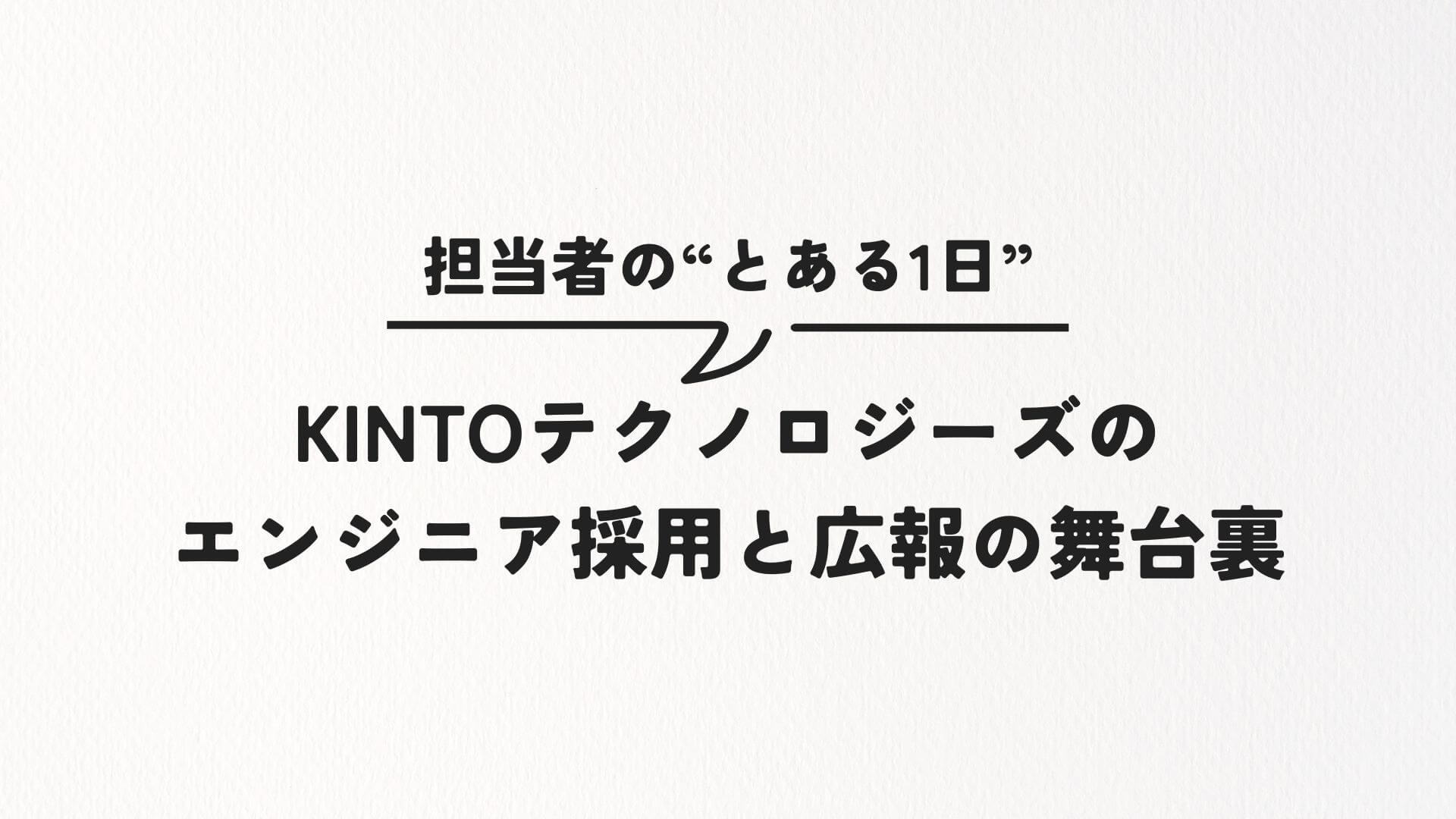

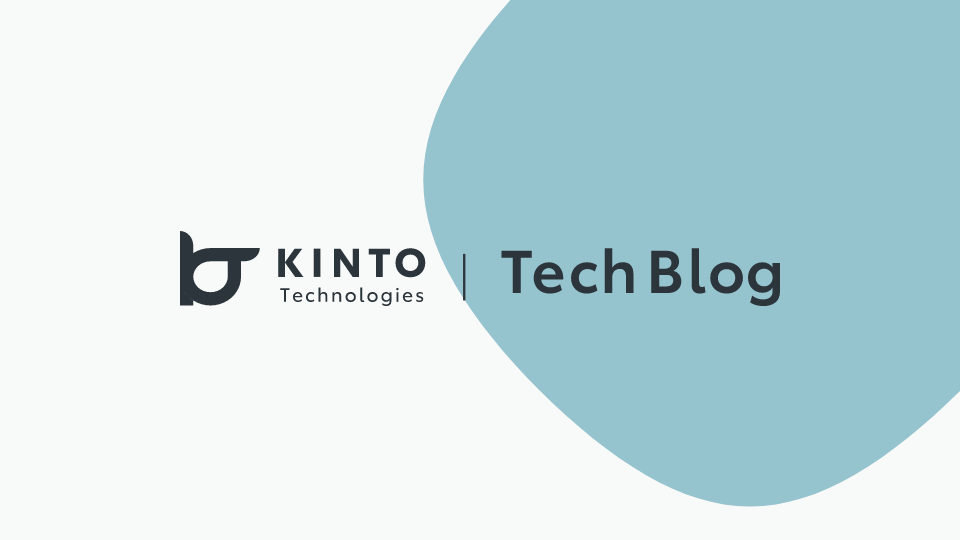
![[Mirror]不確実な事業環境を突破した、成長企業6社独自のエンジニアリング](/assets/banners/thumb1.png)

